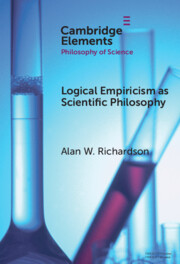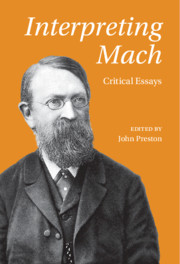Refine search
Actions for selected content:
9 results
Introduction
-
-
- Book:
- Science and Humanism
- Published online:
- 09 October 2025
- Print publication:
- 23 October 2025, pp 1-8
-
- Chapter
-
- You have access
- Open access
- HTML
- Export citation
Chapter 7 - Sociopolitical Engagement and Scientific Value Freedom
- from Part II - Inspirations
-
-
- Book:
- Science and Humanism
- Published online:
- 09 October 2025
- Print publication:
- 23 October 2025, pp 147-171
-
- Chapter
-
- You have access
- Open access
- HTML
- Export citation
Chapter 1 - What Is Science For?
- from Part I - Interrelations
-
-
- Book:
- Science and Humanism
- Published online:
- 09 October 2025
- Print publication:
- 23 October 2025, pp 11-35
-
- Chapter
-
- You have access
- Open access
- HTML
- Export citation

Science and Humanism
- Knowledge, Values, and the Common Good
-
- Published online:
- 09 October 2025
- Print publication:
- 23 October 2025
-
- Book
-
- You have access
- Open access
- Export citation
Chapter 5 - Logical Empiricism in Britain
-
- Book:
- Otto Neurath in Britain
- Published online:
- 09 January 2025
- Print publication:
- 23 January 2025, pp 129-153
-
- Chapter
- Export citation
Chapter 13 - Carnap on Unity of Science
- from Part IV - Science and Theories
-
-
- Book:
- Interpreting Carnap
- Published online:
- 01 February 2024
- Print publication:
- 08 February 2024, pp 252-269
-
- Chapter
- Export citation

Logical Empiricism as Scientific Philosophy
-
- Published online:
- 11 December 2023
- Print publication:
- 18 January 2024
-
- Element
- Export citation
11 - Narratives Divided
-
-
- Book:
- Interpreting Mach
- Published online:
- 05 March 2021
- Print publication:
- 18 March 2021, pp 208-234
-
- Chapter
- Export citation

Interpreting Mach
- Critical Essays
-
- Published online:
- 05 March 2021
- Print publication:
- 18 March 2021
